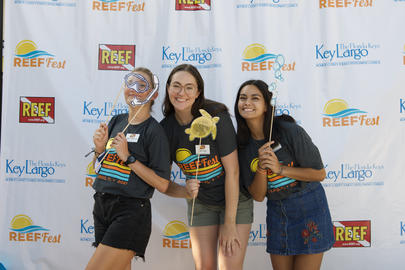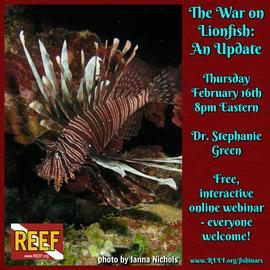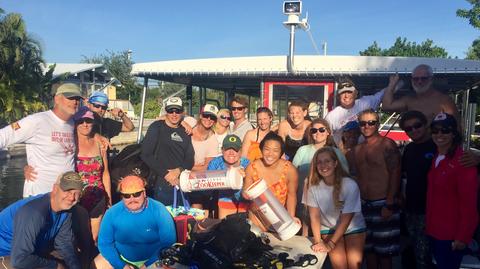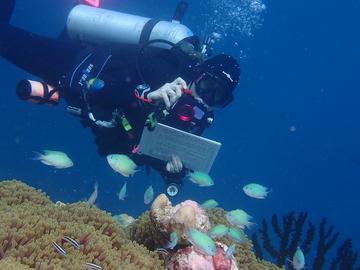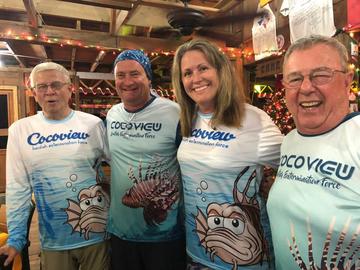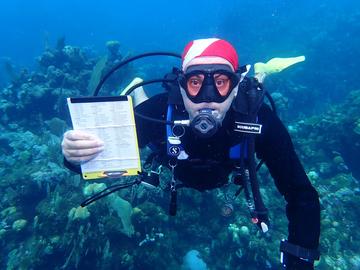A new year is here, and plans are in the works for our annual REEF events:
REEF Fest 2022 - October 13-16 in Key Largo, Florida: Don't miss this four-day celebration of marine conservation! Events include diving, snorkeling, ocean-themed seminars, and socials. We are confirming details for this year's event. For now, please save the date and keep an eye on www.REEF.org/REEFfest for more information.

